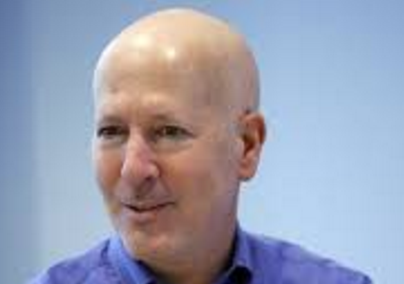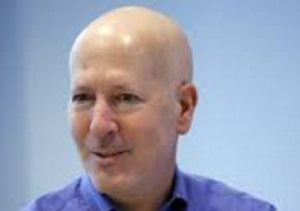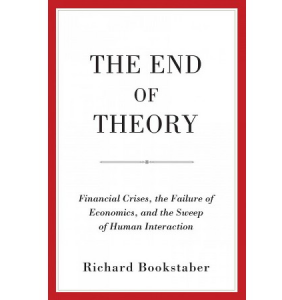
Our economy may have recovered from recession but not our economics

Whenever there is a financial crisis, Economists does a forensics and post-mortem of past financial crises to discover the clues as to how the next one might occur and what you can learn from them.
In the latest book by former Securities and Exchange Commission regulator and Treasury department advisor Richard Bookstabe, reveals how the crises emerge from a logistical meltdown during a cultural event in Rome – the White Night, or Notte Bianca of September 27, 2003, and not from the markets.
Although shops, bars, clubs, theatres, galleries and restaurants stayed open all night as part ofan arts celebration but around 2:30am , heavy winds knocked 0ut power line between Switzerland and Italy shutting down the city of Rome and system designed to automatically shift power to other lines failed and eventually overloaded the grid.
The first failure disabled communications system that connected various grids, so black out emerged unexpectedly. From banks to hedge funds to institutional investor all interacted in an unexpected manner to bring down the financial system in 2008, as fear and panic set in to the revelling stranded Romans.
Bookstaber, who ran risk management for Morgan Stanley, Salomon Brothers and the hedge fund Bridgewater before he fled to Washington, and later the University of California. He believes, emotions and systemic interactions are still not properly accounted for in the neoclassical economic theory that underpins risk models of today.
The dynamic models allow for feedback and response between market players and different multi-dimensional networks. The massive shift of industrial revolution took economic from the political theories of Adam Smith in today’s technology, globalisation and the financialising which requires fresh thinking in Economics profession itself.
Using everything form Heisenberg uncertainty principle to Milan Kundera’s novel the unbearable Lightness of Being, he points how misplaced most of the assumptions are., when you start applying to the modern world, even forgetting about rationality, fixed preference and market equilibrium.
Hedge Fund Guru Billionaire George Soros’s theory of “reflexivity”, can create feedback loops that change market itself. Bookstaber’s work was influenced by the Soros-funded Institute for New Economic Thinking.
Bookstaber argues that we should give up rigid neoclassical models and move to agent-based models that will bring positive results, but the end of Theory gives some important lessons for financial markets today. The Modernised version of Glass-Steagall regulation, which would separate commercial lending from investment banking as the last financial crisis has put too much focus on leverage, but liquidity is a more likely cause of market failures. He challenges economics profession itself, where the so called experts still have too much faith in their own mathematical infallibility.
The End of Theory: Financial Crises, the Failure of Economics, and the Sweep of Human Interaction by Richard Bookstaber, Princeton University Press £24.95/ $29.95, 240 pages.

